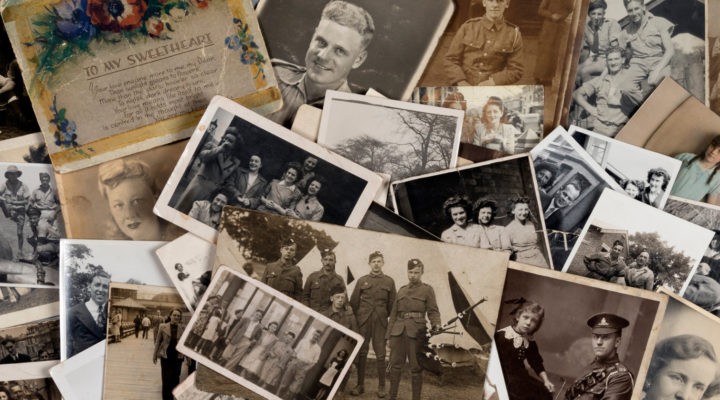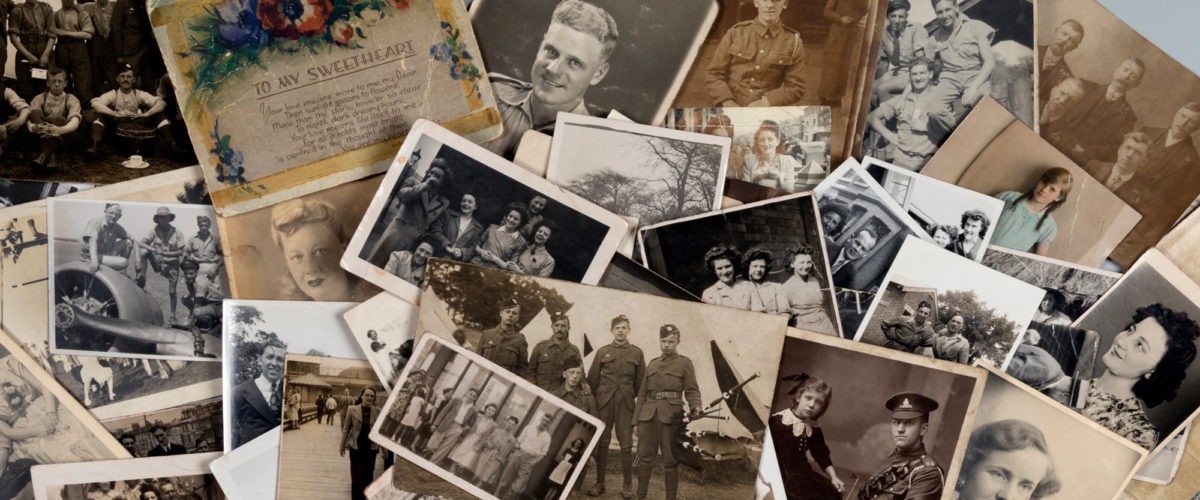At 3 a.m. in the dark of the morning of June 14, 1954, William Emmitt Newell, my grandfather, stirred from his usual sound sleep. “Is it time to go to church, Momma?” he asked his wife, Lela Kittrell Newell, mother of his 10 adult children. Using the nickname she had long used to refer to her husband, which acknowledged the priority given to raising those children, my grandmother said, “No Daddy! Go back to sleep.” And so, he did.

Bob Newell
Grandaddy had lived what was then considered to be a long life. At 76 years of age, this man with minimal formal education had been born in the previous century in a southland still knee-deep in the devastation following the Civil War. Despite the poverty of the Old South, he had managed to secure for himself a small amount of land covered with red-clay dirt, the occasional pecan tree and thick forest that served as home to more squirrels per square foot than most places this little boy had ever seen or heard about. From berries and vegetables, along with the meager truck-farming profits which the land and his chickens’ eggs and his cows’ milk had yielded, he had cobbled together a “decent” living for his family.
He helped to form the Marion Strawberry Growers Association, in nearby Marion, Miss., where his children had ridden on horseback to a one-room schoolhouse, until they left formal education for work, usually at the age of 13. One of his daughters, my Aunt Christine, won the contest to name those prized strawberries, choosing to call them “Marion Beauties.” Grandaddy and his eight sons grew those beauties, put them in tiny balsawood baskets, and took them to the nearby railhead for transport to St. Louis and to people who, although they had never meet him, would enjoy his berries.
I have seen this short-of-stature, sturdy, senior-citizen man sprawl on the hard ground with his legs spread away from his body for hours, tying up turnips, never seeming to grow stiff or weary. I have seen him milk the cows with love and gratitude. His Black neighbors, in deference to the cultural norms of the day, but also out of sincere respect, referred to him as “Mr. Emmie.”
He had weathered the Great Depression, had experienced the first World War and had sent sons to fight the second one. Most of his brothers, my Daddy’s uncles (with names like Bert, Eris, Ebbie and Jimmy D.) lived nearby, on both sides of the road which, in the decade after Grandaddy’s death, leaders of the expanding city of Meridian would choose to name Newell Road.
He had weathered the Great Depression, had experienced the first World War and had sent sons to fight the second one.
After falling back asleep, Grandaddy died that cool morning in 1954 and, as a boy of 10, I had some sense of a great loss. Indeed, it was the first (not the last) time I saw my Pop cry. At our church, they took note of Grandaddy’s passing and asked that everyone pray for the Newell family. It was a new, painful, yet comforting experience for this little Newell boy.
Through the years, I have rarely and briefly departed from a keen awareness of the importance of my Grandaddy. Now that I am finally a grandfather myself, I often recall that day when, on Grandaddy’s screen porch, my own father was correcting me for (I hope) a minor infraction of the rules. I’ll never forget Grandaddy’s surprisingly stern rebuke of my father when, with a little grin, he said, “Mocell, leave that boy alone; he’s at Grandaddy’s house!”
When you come for a visit, I will show you my framed copy of the front page of The Meridian Star from the day he died, with his picture and the heading, “Retired Farmer Dies in Sleep.” I am still learning from this man. I am still wishing I had lived with him longer.
I want to die like my grandaddy did — trustingly returning to a restful sleep, reassured by the reality and presence of my lifelong partner, with thoughts of God and worship at God’s house on my mind.
Bob Newell has served as a university professor and administrator, a local church pastor and a cross-cultural missionary. He and his wife, Janice, now live in Georgetown, Texas, and he serves churches as transition coach and intentional interim pastor. They were the founders and remain advocates of PORTA, the Albania House in Athens, Greece.


